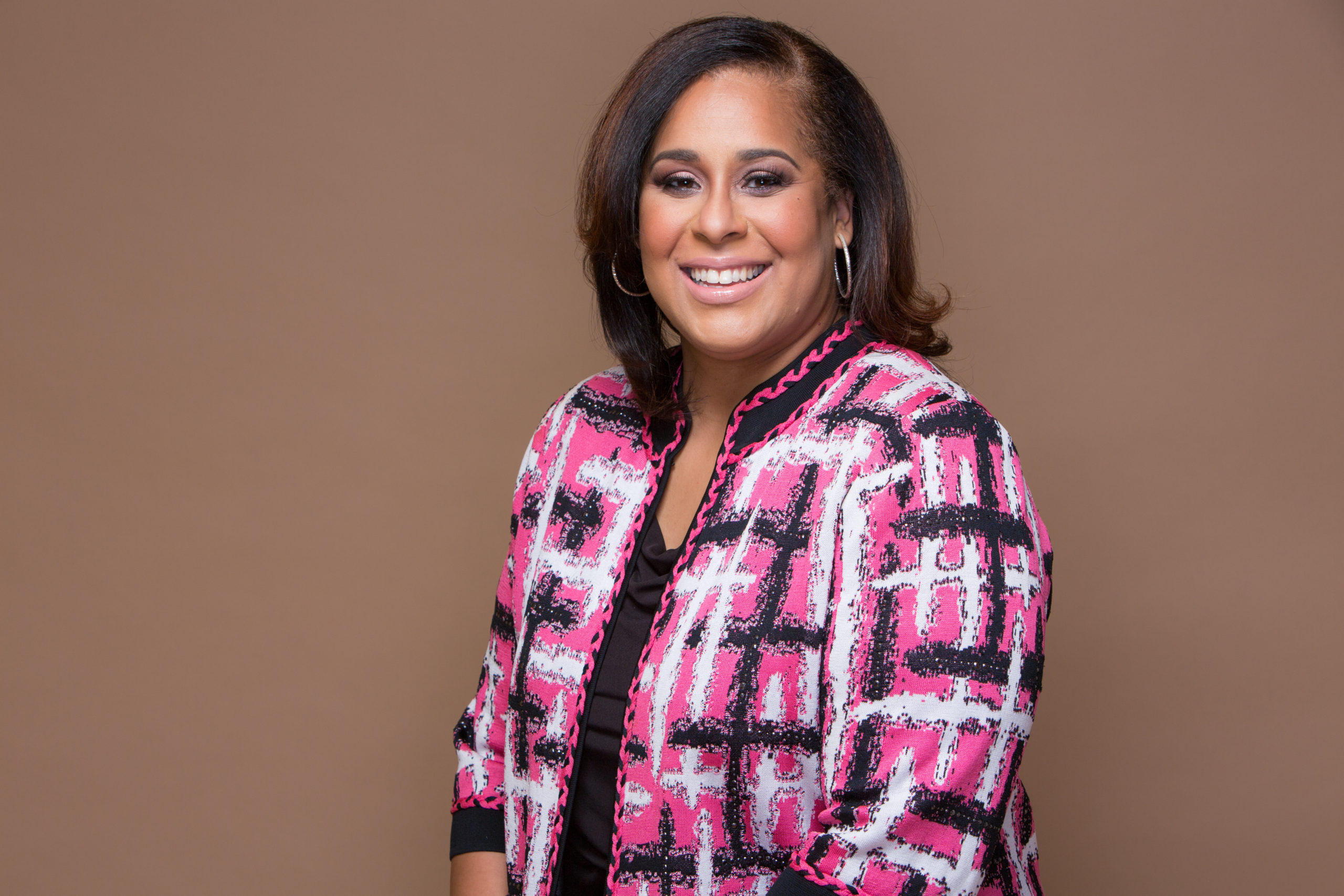By Rev. Sheri D. Smith Clayborn, Contributing Writer
Have you ever been, or have you ever noticed someone else being passive about asking for what they want, even something that seems simple? It is almost impossible to get what you want without intentionally asking for it. You will definitely get something; however, it will not likely be what you want, especially if it remains in your head. What you desire is likely available if your ask is specific rather than ambiguous, creating a guessing game with those whom you are asking.
Let us consider our everyday interactions and conversations. On the surface, asking should be easy. Afterall, we ask for things every day, but are we actually asking for what we want? There is a difference between being indecisive and not asking for what we know we want. Is it possible that when we do not ask for these things that seem insignificant that we begin to establish a pattern? Does this pattern become the foundation for not asking for the larger, more meaningful things that deeply impact our lives?
The pattern shows up as overthinking, concocting negative responses before asking, or even saying, “whatever you want.” Why is asking for our wants and desires challenging? Fear is often the underlying reason. Fear—the monster that shows up in the little things as well as the big things in our lives: fear of being told no, being exposed as having a need, hearing what others have to say, losing independence, not being able to change your mind, and having people in your business.
I wonder how not asking for what we want impacts our relationship with God? Do we withhold from God our true desires for fear that what we want is not in line with what God wants for our lives? God desires to have a relationship with each of us that is based on truth (John 4:24). Our truth telling does not guarantee that we get what we want, but it opens the door to a trusting relationship with God and others.
Part of establishing that trusting relationship is asking for what we want. When we ask, the ask should be in proportion and appropriate to your relationship with the person, a reflection of your true want/desire, based on your want/need, and not based on your perception of an assumed (but unknown) response. Your ask should be based on trust.
The impact of not asking results in a diminished voice (the more you do this, the more difficult it becomes to ask for what you want), relationships that lack truth and trust, and perception that you have no wants and desires. On the other hand, the impact of asking is that you strengthen the inner you that affirms what you want, reduce the stress from false perceptions, and show people that you have wants and desires that matter.
Asking impacts our lives. Some asks enrich our lives with confidence, determination, hope, and follow-through. Accept that your ask may result in a “no” from this person at this time; allow the “no” to redirect you to the Source who holds all resources and encourages us to take risks. Take the chance and just ask. We have not because we ask not! Ask…, and it shall be given!





